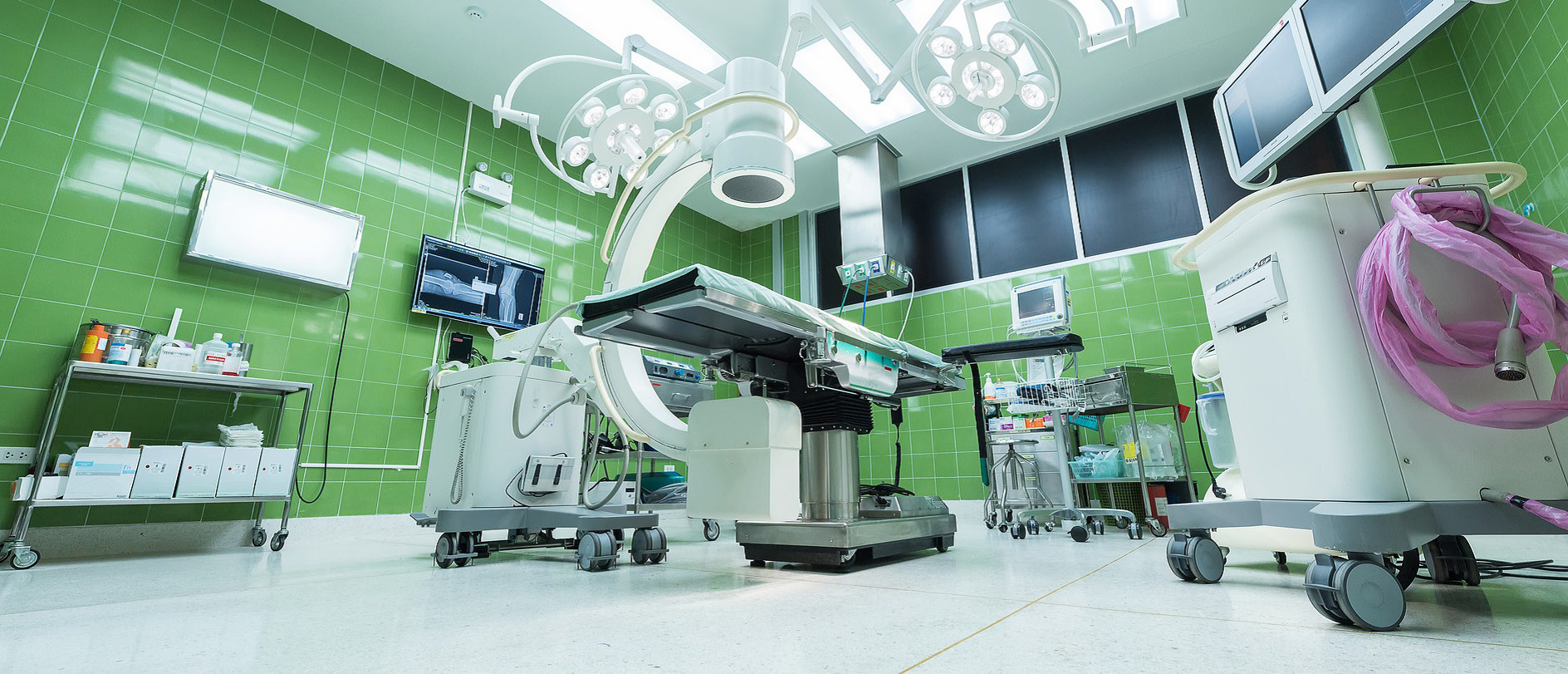Updated: June 30, 2020
Canadians are living longer, with the average resident expected to live almost 82 years. By 2030, Statistics Canada projects one in four Canadians will be a senior citizen. The aging population is forcing changes across Canada’s health care system, including medical equipment manufacturers and distributors. The COVID-19 pandemic also put pressure on medical equipment manufacturers and distributors to be able to quickly deliver testing kits and samples to patients and labs across the country. Whereas many used to cater exclusively to hospitals and physician’s offices, e-commerce options and the COVID-19 pandemic required deliveries to consumer’s homes.
In adapting to the new environment, medical equipment suppliers should avoid these costly delivery mistakes:
1. Avoid delayed or damaged shipments
Late delivery of medical equipment can have serious consequences. CBC News, for example, reported on a large number of New Brunswick residents who faced long delays in obtaining wheelchairs when the province switched suppliers. The transition from the old supplier did not go as planned, resulting in patients losing their means of mobility and, in some instances, risking their rehabilitative progress. Delayed shipments can also affect more than just the recipient of the delivery. Using COVID-19 as an example, late deliveries of test kits or damaged patient samples mean inaccurate data that governments rely on to protect the health and safety of citizens. Medical equipment is expensive, and it also quickly becomes obsolete. Facilities, therefore, often delay new orders until a new piece of equipment is urgently needed. Deliveries are often scheduled for a precise arrival time so that equipment can be unloaded and functioning quickly. But not every transportation company can provide this high level of service. Most, in fact, offer a rigid delivery schedule that does not accommodate a facility’s specific needs. A courier experienced in delivering medical equipment will offer multiple guaranteed, time-specific delivery solutions to ensure on-time arrival. They will provide trained personnel who understand the importance of a medical shipment and will take precautions to minimize the risk of damage to equipment.
2. Plan for the unexpected
If delivering medical equipment were easy, everyone would do it! Not all medical facilities have a loading dock to facilitate the processing of a large shipment, and not all consumer’s front doors are large enough to easily accommodate a hospital bed or dialysis machine. Situations like these are common and demand a steady, experienced transportation provider that can offer the special services and equipment needed to complete even the trickiest delivery. Your delivery provider should also be able to manage unpredictable fluctuations in volume to ensure critical equipment gets delivered to everyone who needs it. An experienced company will have the insight to ensure a seamless delivery every time.
3. Take anti-theft precautions
Cargo theft is on the rise across Canada, with CTV News reporting a 100 per cent increase since 2014 – and medical equipment companies are not immune. Unfortunately, not every transportation carrier takes seriously the risk of theft, parking trucks in unsecured yards, leaving security gates open and using inefficient locks and unmonitored security cameras. High-value medical equipment should be entrusted to a carrier that has a technology-based security system with 24/7 monitoring and tracking of both its trucks and its storage facilities. Another highly effective way to avoid theft is to minimize handoffs during the shipping process. A provider that maintains control of the shipment for the entire transit cycle can ensure the chain of custody and a high degree of accountability.
4. Don’t forget about returns
What happens if a health centre isn’t satisfied with a delivered surgical instrument or if a motorized scooter arrives at a consumer’s home damaged? Medical equipment returns face an added sense of urgency since, in many cases, a patient or facility desperately needs the ordered item – and a customer-focused equipment manufacturer will want to rectify an unsatisfactory situation. An experienced courier can play an invaluable role by helping to customize an efficient returns process. Key considerations include having a process for receiving and tracking incoming returns, facilitating the returns process for customers, quickly addressing the reason for the return and ensuring visibility throughout the process.
5. Remember, experience matters – choose your supply chain partner wisely
It seems that every transportation provider claims to have the required skills and capabilities to deliver anything a company needs to be delivered. So how can a medical company decide on a suitable supply chain partner?The most important consideration is experience. Asking these questions can help you make the right decision when choosing your medical supply chain partner:
-
- Does the company have experience developing solutions for intra-Canada shipments of medical equipment?
- How impressive are those solutions, and does the company seem interested in developing a unique solution for your business?
- Does the company rely on technology to ensure maximum efficiency and security?
- Is the company willing to share the names of its customers so you can solicit performance feedback?
In adapting to the changing demographics of the population, medical landscape, and the need for increasingly high levels of efficiency, many manufacturers have turned to Purolator for specialized services and innovative transportation solutions. As Canada’s leading provider of courier and integrated freight services, Purolator offers highly flexible pickup and delivery options customized to meet each business’s precise needs. And since Purolator offers coverage to every province and territory, manufacturers benefit from having a single-source provider, which means uninterrupted and faster transit times, a high degree of visibility and guaranteed service from pickup right through the last mile.
Medical equipment manufacturers understand that success in today’s market depends on many things, but right at the top of the list is an experienced and trusted supply chain partner.
